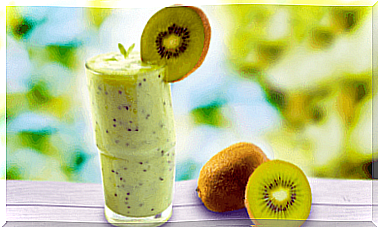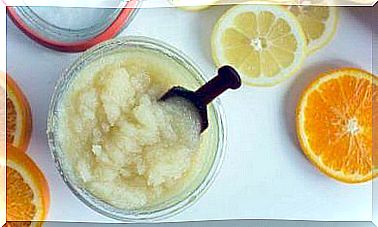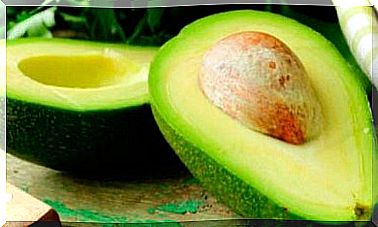Newborn Skin Care
Newborn skin is delicate and requires special care. It is therefore important to know the products to use as well as skin hygiene. Do you want to know more?
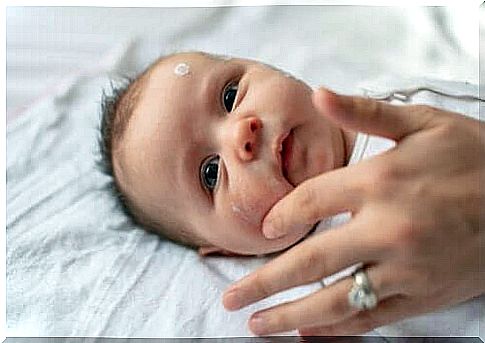
Knowing how to take care of the skin of the newborn is crucial for all parents. Even though the skin barrier of healthy babies is effective, its function continues to develop for at least the first year of life.
Therefore, the sensitivity to dryness and irritation from external factors is higher than at other ages. So too much heat or too much cold can trigger allergic reactions. Some products can even become aggressive. So what do you need to know?
Newborn skin care
First of all, it is essential that hygiene products are tolerated by the baby and that they do not damage the stratum corneum. After birth, the skin is sensitive and exposed to factors that can lead to a breakdown of the skin barrier. These may be the following factors:
- Saliva
- Nasal secretions
- Urine
- Stool (including fecal enzymes)
- Dirt
Due to daily exposure to these factors, it is essential to ensure optimal skin hygiene as well as adequate protection of the baby’s skin barrier. To do this, we recommend that you put the following recommendations into practice.
Newborn skin hygiene
Hygiene of the newborn’s skin should begin when the body temperature has already stabilized. At birth, the pH of the skin is neutral. It becomes acidic later.
The use of alkaline soaps causes a transient increase in pH and predisposes to infections and irritations. Therefore, it is recommended to use neutral or low acid and unscented soaps, at minimum doses.
During the first two weeks, it is sufficient to cleanse gently and only with lukewarm water. Excessive temperature, heavy use of soaps, the length or frequency of bathing, among other things, contribute to dry skin (irritative dermatitis), according to studies published in Pediatric Dermatology.
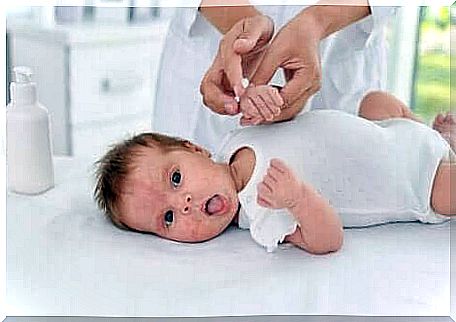
Temperature
To ensure good skin health in babies, temperature must be taken into account. Why ? When it is too high, it can lead to sweating or hyperthermia . On the other hand, if it is very cold, it causes hypothermia or panniculitis.
It is therefore necessary to ensure sufficient protection against temperature changes, especially in summer or winter. According to data from American Academy Pediatrics , babies under 6 months of age should be kept out of direct sunlight as much as possible.
Antiseptic solutions
The use of antiseptics combined with products for the hygiene of healthy skin is not recommended because it causes alteration of the skin microbiological ecosystem and contributes to the proliferation of other types of microorganisms. In addition, alcohol is easily absorbed and can cause burns or changes in the pH of the skin.
Emollients
Emollients can be used as part of newborn skin care. Provided they are the right formula for babies, they help improve skin barrier function after bathing. It is even advisable to use them twice a week.
To avoid occlusive effects, the ideal is to apply a thin layer and ensure that there is no residue in the skin folds. Otherwise, it can produce thermal deregulation as well as bacterial colonization, according to a publication in The Journal of Investigative Dermatology .
Navel care
The umbilical cord usually comes off between 5 and 15 days after birth. Before that, the stump can be considered as an injury, and therefore a possible entry point for germs.
It must therefore remain dry and clean, without gauze or protection around it. In addition, it is advisable to wear loose clothing and avoid covering the navel area with the diaper. In this case, it is advisable to apply an antiseptic agent to the cord at each diaper change.
Skin care in the gluteal region
Diaper rash is common and affects most babies at least once. The occlusive environment of the layer harbors a complex interplay of potentially harmful factors. In this regard, a publication in the Indian Journal of Pediatrics emphasizes the importance of keeping the area clean and dry.
When moisture is retained in the diaper for too long, friction increases and skin maceration takes place. As well as increased permeability and microbial growth.
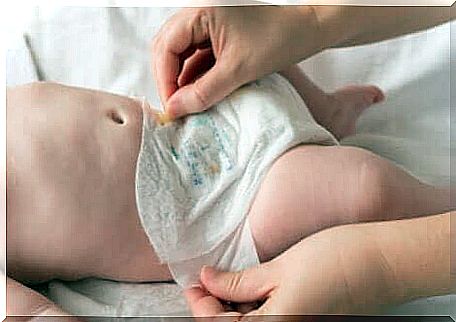
Newborn skin care: what to remember?
Infant skin is extremely delicate because it has not fully developed its barrier. It is essential to practice some hygiene care as well as the use of certain products.
Whenever possible, it is necessary to ensure the integrity of the skin and reduce the risk of allergic reactions or infections. Consideration must therefore be given to aspects such as temperature or the correct use of antiseptics and emollients.


